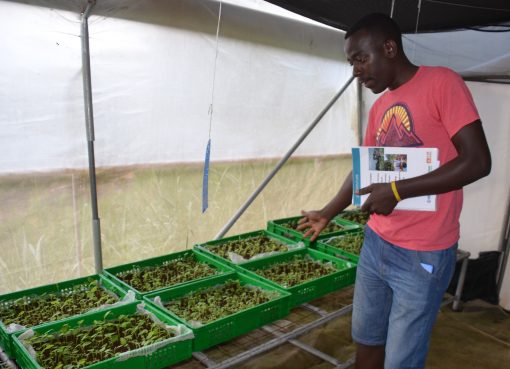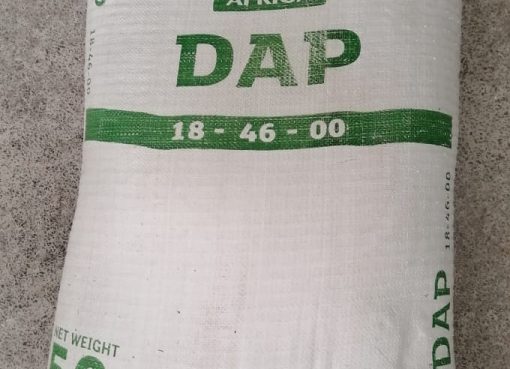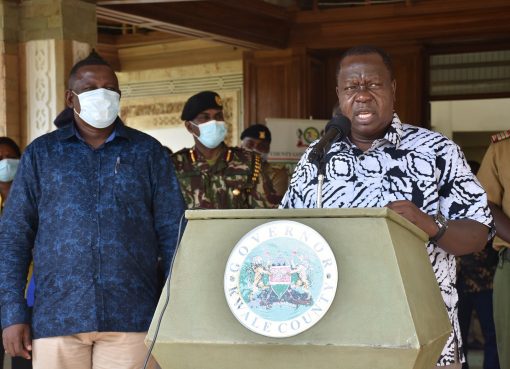The Export Processing Zones (EPZ) program has been lauded for its crucial role in realizing the government’s Big Four Agenda of manufacturing, food security, housing and affordable health care.
Speaking during a EPZ Investor and stakeholder forum held at Ole Seren hotel on Wednesday, the Cabinet Secretary for Trade, Industrialization and Cooperatives (CS), Peter Munya said the program is a big pillar in the country’s overall development.
Munya reiterated that under the Big Four Agenda, the government is committed to ensuring that by 2022, the manufacturing sector contribution to Kenya’s Growth Domestic Product grows from the current nine to 15 per cent share of the DGP.
“Similarly, our aim is to achieve top 50 rank in the World Banks’s ease of doing business Global Index. Above all, it is through the manufacturing component that one million new jobs will be created,” said the CS.
“In the recent years, a lot of emphasis has been placed on the role of moving from commodity-based economy to a more value-added development model. At the same time, Kenya aspires to build a global business in areas where it has competitive advantage and where there is potential for increased efficiencies,” he added.
He however,pointed that this cannot be achieved without proper facilitation where he urged all public institutions and government agencies to offer much needed help to the EPZ program in an effort to make Kenya a preferred investment destination.
The CS noted that in order to build a global business economy, removing physical barriers by use of modern technology and value addition is crucial.
Munya urged buyers to promote local pharmaceuticals and manufacturing companies adding that despite the difficult global environment, Kenya’s exports have increased.
He called on county governments to work closely with the EPZ program, adding that the Authority ought to take advantage of the Standard Gauge Railway as it presents an opportunity to develop a container Freight service which will help complement the services and incentives it offers to its investors.
The CS further pledged the government’s support to investors through its bilateral engagements with other nations and its commitment to bringing down the cost of energy.
“Our country has entered into bilateral engagements with countries like the US, Europe, and South Africa. Issues of market access and good policy agreements have already been sorted out hence investors should feel free to focus on their competitive edge” said Munya.
He further lauded the development of the Agro-processing Special Economic Zone in Naivasha adding that it will come as major boost to food security.
The EPZ Board Chairman, Paul Gacheru highlighted the need for the program to partner with county governments.
“The importance of counties cannot be overstated in this forum. EPZ program is the place one can invest and see the benefits owing to the program’s tax exemption and other incentives,” said Gacheru.
He noted that the program is faced with the main challenge of under development owing to financial hitches where he urged private developers to invest in the zones.
The Chairman further urged women, youth and persons with disability to participate in the EPZ program either individually or in organized groups.
“In December 2018, the EZP Act was amended to include agricultural products and livestock. That opens up the scope of what can be carried out within the EPZ zones,” said Gacheru.
On his part, EPZ Ag. Chief Executive Officer (CEO), George Makateto urged all stakeholders to contribute to the
realization of the Big Four Agenda adding that the authority will continue to support all potential and existing
investors.
Makateto further pledged to work in partnership with various county governments to establish and implement the EPZ programs.
The EPZs in Kenya date back to 1990 when the legislation establishing them was passed with a view to stimulate employment and growing exports.
Currently the EPZ program has 72 gazetted special zones with 136 enterprises located within the Athi river Zone and offering employment to over 25 000 people. The program is also in the process of gazetting 40 others with EPZ’s Tana River Livestock Export Quarantine set to be the largest in income generation.
Some of EPZ’s Big Four Agenda array of export products in the agro-processing sector include tea, coffee, macadamia nuts, fresh produce, edible and non- edible oil extractions, dried flower arrangements and dart boards. The agro-processing sector is the second most dominant in the EPZ program.
A Bangladesh-based company, Square Pharmaceuticals Limited is also in the process of constructing a local pharmaceutical plant at the Athi River economic zones.
By Rachael Kilonzo




